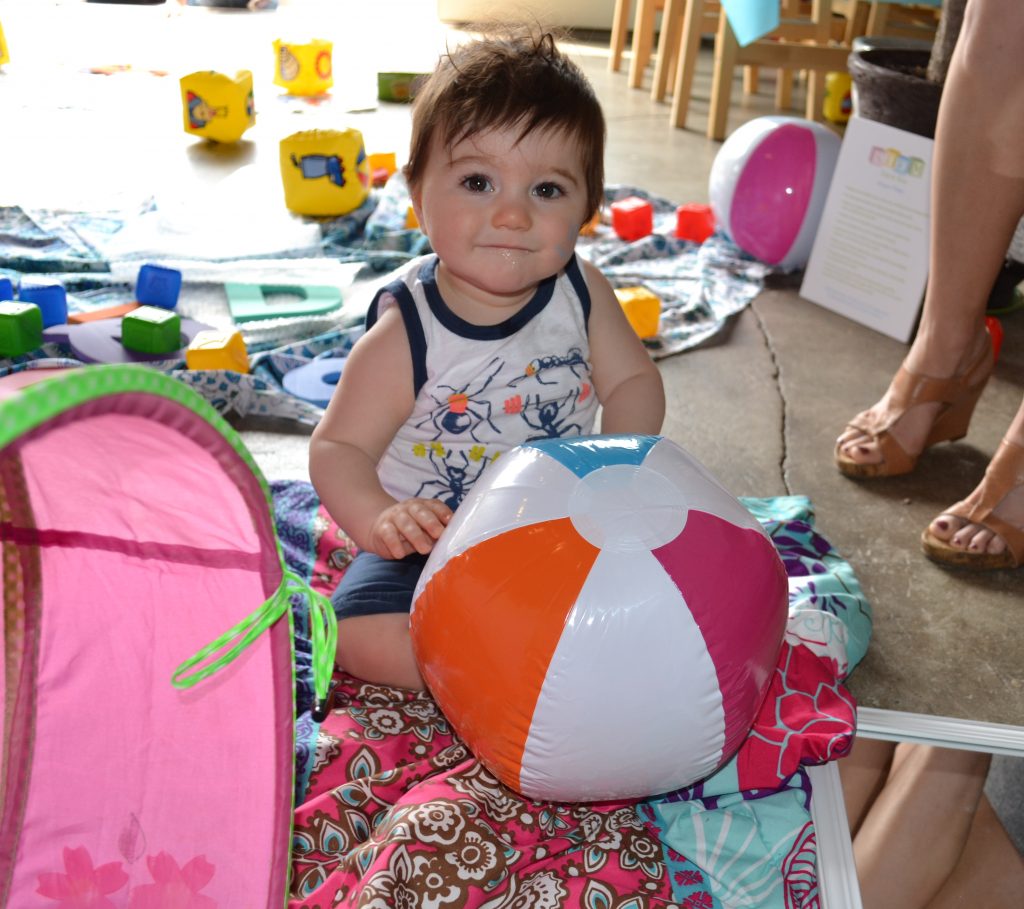
Welcome to the toddler years! The years when you spend your entire day just trying to keep your toddler safe as he explores his world that he now has some control over. At this age, children are craving independence and determined to prove that they can do everything themselves. It becomes our job to provide them with just the right amount of independence to make them feel “big” while protecting them and ensuring their safety in the process.
Some toddlers are more reserved and will not object to having your assistance for some things, while other toddlers are insistent that they strap themselves into their car seat, dress themselves, and push the buttons in the elevator themselves. Your child’s temperament can be a large factor in determining how much independence she will be seeking. Research tells us that your child’s temperament comes from her brain activity. Children with higher levels of activity in their left frontal brains tend to be more willing to explore unfamiliar places and objects. Children with more activity in the right frontal brain tend to avoid unfamiliar situations and be more fearful, cautious, and reserved in general. Children who are more cautious and fearful as toddlers tend to have better self-control later on. Brain chemistry is not the only factor that plays into temperament and a child’s craving for independence. Just as a child’s experiences affect his brain development, they also affect his temperament. Parents can provide encouragement to a child who is fearful of new situations and set the foundation for independence.
If your child is on the fearful side, you can provide a lot of encouragement and reassurance in new situations to set the foundation for healthy independence. In the opposite of, if your child is a risk-taker, or tends to over-react in certain situations, keeping calm and patient will help him learn to regulate his own actions and emotions. There really is no right or wrong way to react to your child’s temperament and there is not good or bad temperament. It is just important to best support your child based on his specific needs and your specific parenting style.
Independence takes shape in a many ways including language, communication, social interactions, self-help skills, and emotional skills.

